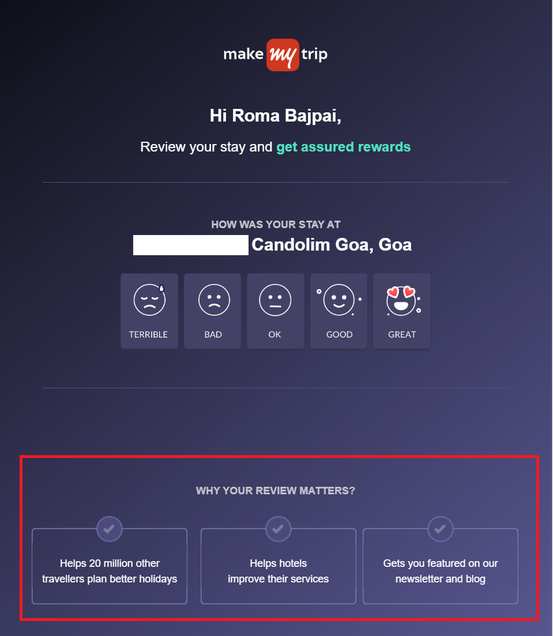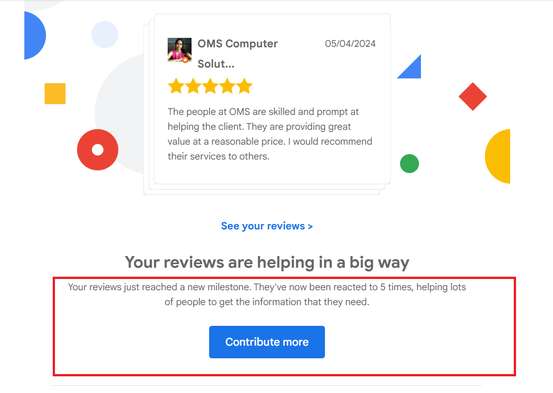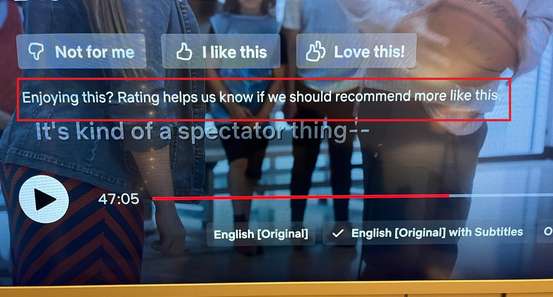
Many successful businesses survive on testimonials. Buyers don’t want to be guinea pigs by trying something out on themselves for the first time. They want to see someone who has walked on the path they are about to choose. To gather that trust, businesses ask us to leave reviews.
Sales and marketing gurus often tell us that we must ask for reviews at the end of a service provided. However, what is often overlooked is the way we ask for it.
We tell people to give us reviews because we, or other users like us, need it. This, unfortunately, isn’t motivating enough. In this fast-paced world, people rarely stop to consider how their actions are affecting the world. We live on auto-pilot. So, when we receive an email or message asking us to leave a review for the sake of others, it may not hit home.
Tell and sell doesn’t work.
Let’s take a look at the persuasion techniques used by Makemytrip, Google Maps, and Netflix. Can they get me to stop and leave a review?
- MakeMyTrip
I recently took a trip to Goa and booked my stay arrangements using the MakeMyTrip app. On returning home, I received an email from them asking me to leave a review. Here is what it looked like:

As you can see, they want me to leave a review so 20 million other travellers can plan their holidays better, or so hotels can improve their services. In this case, what am I going to get?
Wait. There is another offer.
If I leave a review, they will feature me in their newsletter and blog. I don’t want to get featured there. In fact, they should seek my permission before publicizing my travel details (!).
A takeaway here is that a business should avoid offering something that they want and make it look like something we want.
2. Google Maps
Every time we leave a review on Google, they thank us via email—it’s a great strategy to keep us engaged. However, when they ask for more contributions, they revert to the age-old logic: ‘It will be helpful for others.’ Once again, they’re giving me a reason that doesn’t resonate with me. Take a look:

They say that my reviews are helping lots of people get the information they want. This is something similar to the MakeMyTrip request.
If they keep telling me how useful my reviews are to others, it isn’t persuasive enough.
While many of us care about the world, we might not stop long enough to click on a button called ‘contribute more’. Especially when we don’t know where it will take us. There is very little motivation to do anything beyond receiving this email.
3. Netflix
When it comes to asking for ratings, Netflix stands out. Whenever I pause a program, it asks me to rate it. A simple thumbs down, thumbs up, and a double thumbs up. Nothing fancy.
It says that my rating will help them recommend more programs that I will like. Awesome! Finally, somebody is talking about what I—the end user—will get.

Netflix does a good job of recommending programs I am likely to enjoy. That gives me an incentive to continue rating their programs.
Netflix also benefits from the ratings users, like me, provide. It helps them keep people on their platform for longer. It’s a win-win situation.
If you want more reviews for your business, you need to provide a good incentive to your audience in return for leaving a review. The ‘good’ bit needs a thorough evaluation.
If you provide something as an incentive that is not perceived as one by your audience, it will reduce trust.
If the simple question, ‘What’s in it for me?’ is answered clearly, your review is more likely to follow.
Write to me at [email protected]
